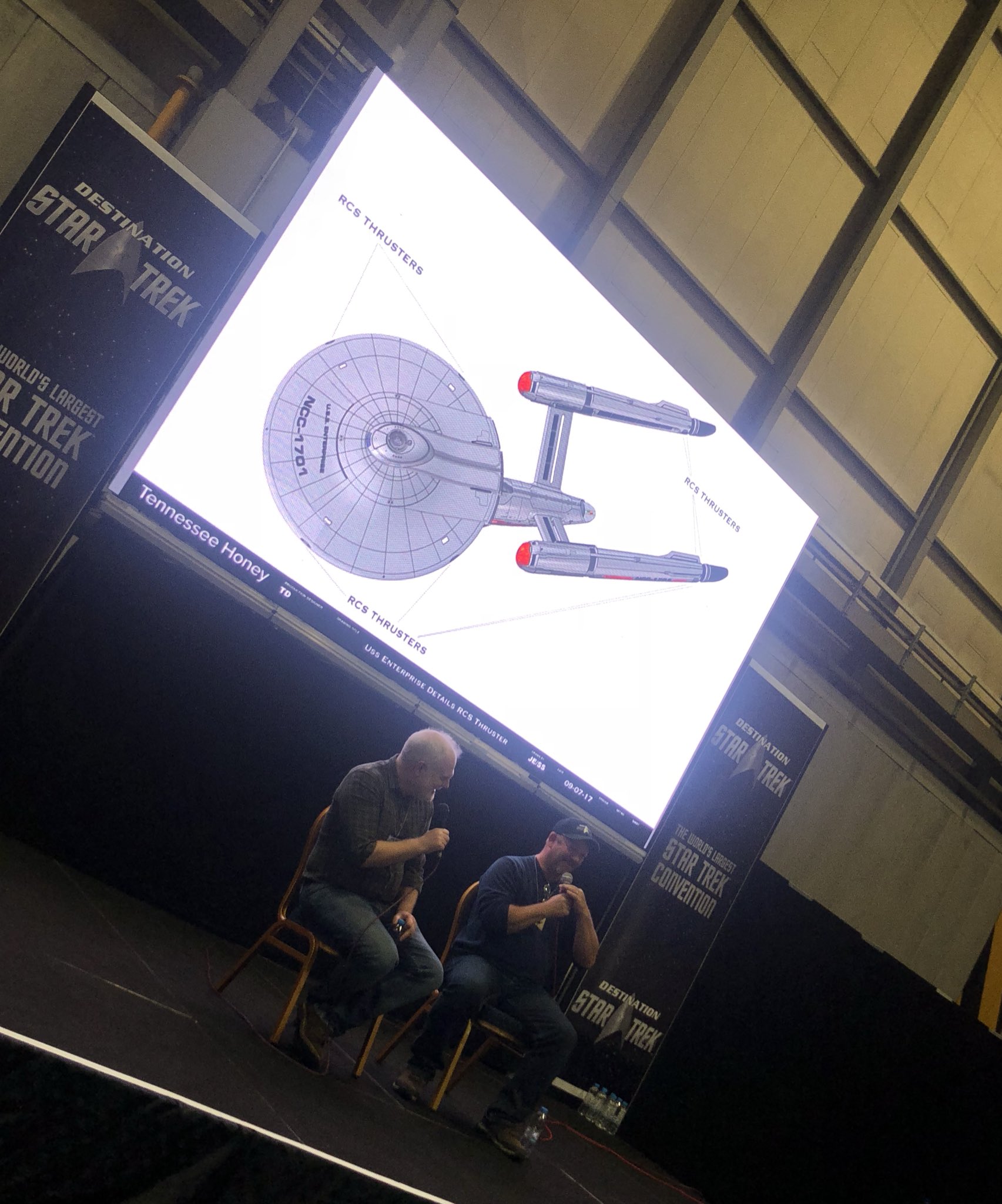That's an incoherent statement.
Naah. You're just stupid.
Nope. We easily notice when a room is too dark or too bright.
If we have a point of comparison, that is - one we can go back to for verification. Working in a dark room for, oh, an hour will already be plenty enough to completely skew our benchmark for "dark" or "bright". And to give us these vague headaches and just possibly the uneasy feeling that the light is "different".
Transitioning from one level of brightness to another via a machine that literally turns you into a cloud of sparkles... might make the skewing happen faster. Generally, though, any distraction will do, because the eyes adapting is such an automatic thing. We might pay attention to it in circumstances where we consider it possible, but teleporting from Room A to Room A' is not the intuitively best case for that: the brain tends to reject the improbable.
Timo Saloniemi







